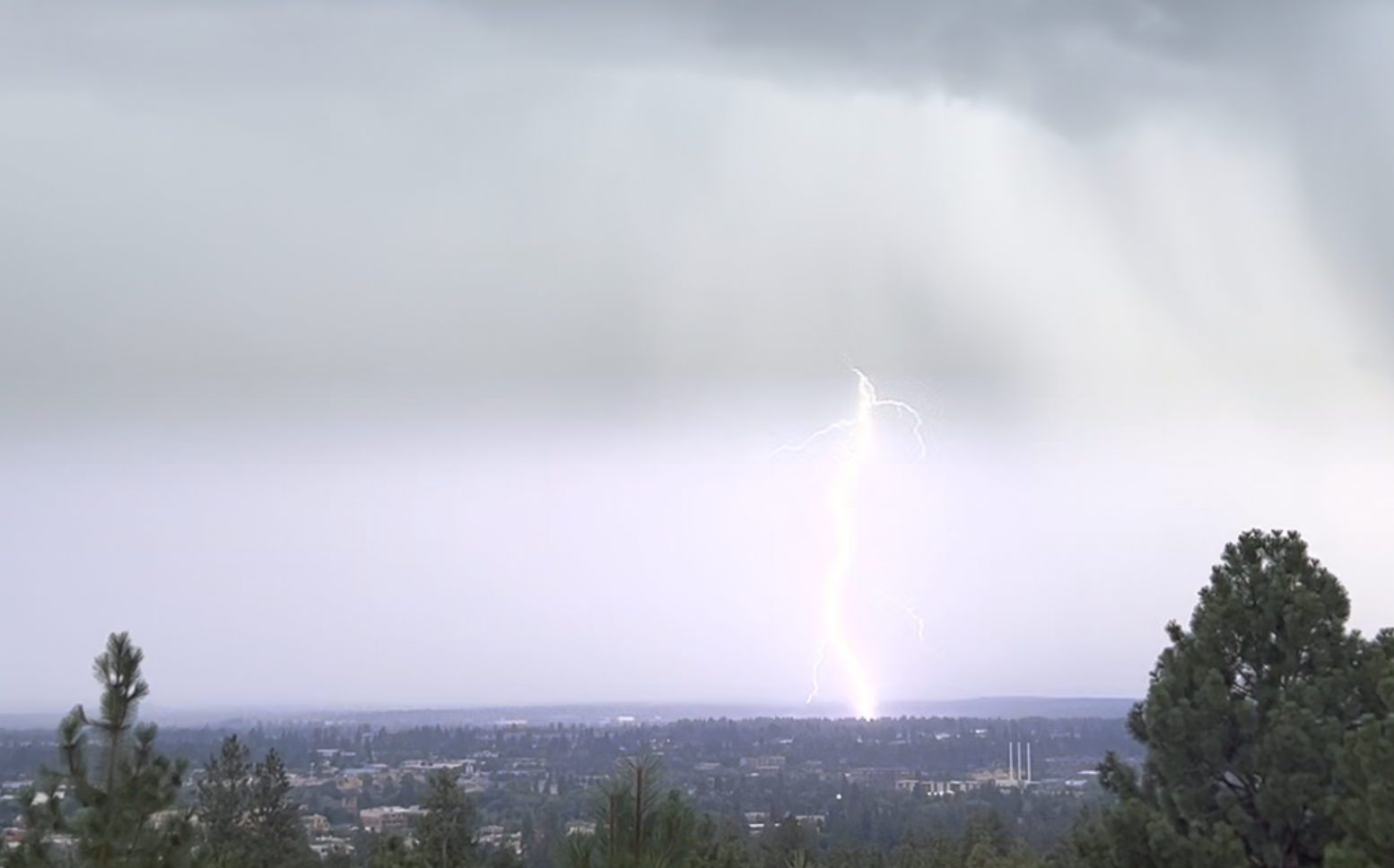Future Generations open for Magic City Hippies in Bend
Published 12:00 am Thursday, January 24, 2019

- (Shervin Lainez/Submitted photo)
The five members of Brooklyn indie-pop band Future Generations spend a lot of time together.
In addition to constantly touring together — the group will open for Magic City Hippies at the Domino Room on Saturday — all five members live in the same apartment in Brooklyn. All this proximity seems bound to cause butting heads, but that’s not the case for these longtime college friends, as lead vocalist Eddie Gore revealed to GO! Magazine. Read on for more about the band’s second album, last year’s “Landscapes,” and why Gore and the rest of the band never intended to play music for a living.
Trending
Q: Tell me a bit about how the band formed.
A: We formed in college at Fordham University in the Bronx, actually. It happened I guess a little bit over seven years (ago) now. We all met — or at least I met Mike (Sansevere, guitarist and synthesizer player) and Eric (Grossman, guitarist) — in our freshman dorm building, that’s how we got started. … It was just pretty serendipitous. We all just applied to live in this dorm building, so we didn’t know each other from beforehand, but then we serendipitously met in the basement of the dorm building, where they had a little room dedicated for music practice or whatever. We all just happened to be there at the same time, and we decided to make music that day or whatever, and we realized that we had something pretty good, so we decided to make a project out of it.
Q: Were any of you studying music at the time?
A: None of us were in school to study music. We all just were there to make an honest living somewhere else in a real job, but it ended up being sort of unavoidable for us. We all realized that this is what we wanted to do and what we were kind of meant to do.
Q: So none of you had any plans to form a band before that?
A: No, not at all. I’m actually from Nashville originally; both of my parents are in the music business. I had observed and watched throughout my whole life how difficult it is to just be in the music business and be in the industry and make an honest living, and I tried my best to avoid it. But it’s just one of those things where it’s sort of just in my blood and it is unavoidable, and I think it’s sort of the same for the other guys too. They realized that this is what they cared about. It’s hard to avoid doing something that you really care about, especially when you start to see other people are encouraging you and all of that.
Trending
Q: Today, all five members of the band live together in an apartment in Brooklyn. What are some of the challenges of being together on the road and at home all the time?
A: Well, first of all, these guys are my best friends, so it’s really not that hard to spend all this time with them. But we all have girlfriends, we all have our own friends and stuff in New York, in Brooklyn. We’ve been there for a while now, so we don’t spend all of our time together. I mean, we probably could if we wanted to, but we find time to spend time apart. I think that is vital obviously, because different experiences inform music in different ways, so that’s obviously important for our music and for our art.
Q: “Landscape” is the first album to feature bassist Devon Sheridan and drummer Dylan Wells. How did having a dedicated rhythm section affect the writing and recording process?
A: I mean, that’s a large part of it, honestly. The rhythm section is in my opinion probably the most important part of any band, and it really benefited us this time around I think. We’ve always had a knack for drums and bass lines and stuff, but to have two people who, that’s their main thing, that’s what they know how to do, it was so much more fluid and it made all of us work more efficiently because we could work quicker and ideas came out much faster. And honestly, it was really amazing the speed at which we worked on the album. … We all were staring at each other after a hard day in the studio, and we were just like, wow, this is going extremely well.
— Brian McElhiney, The Bulletin








